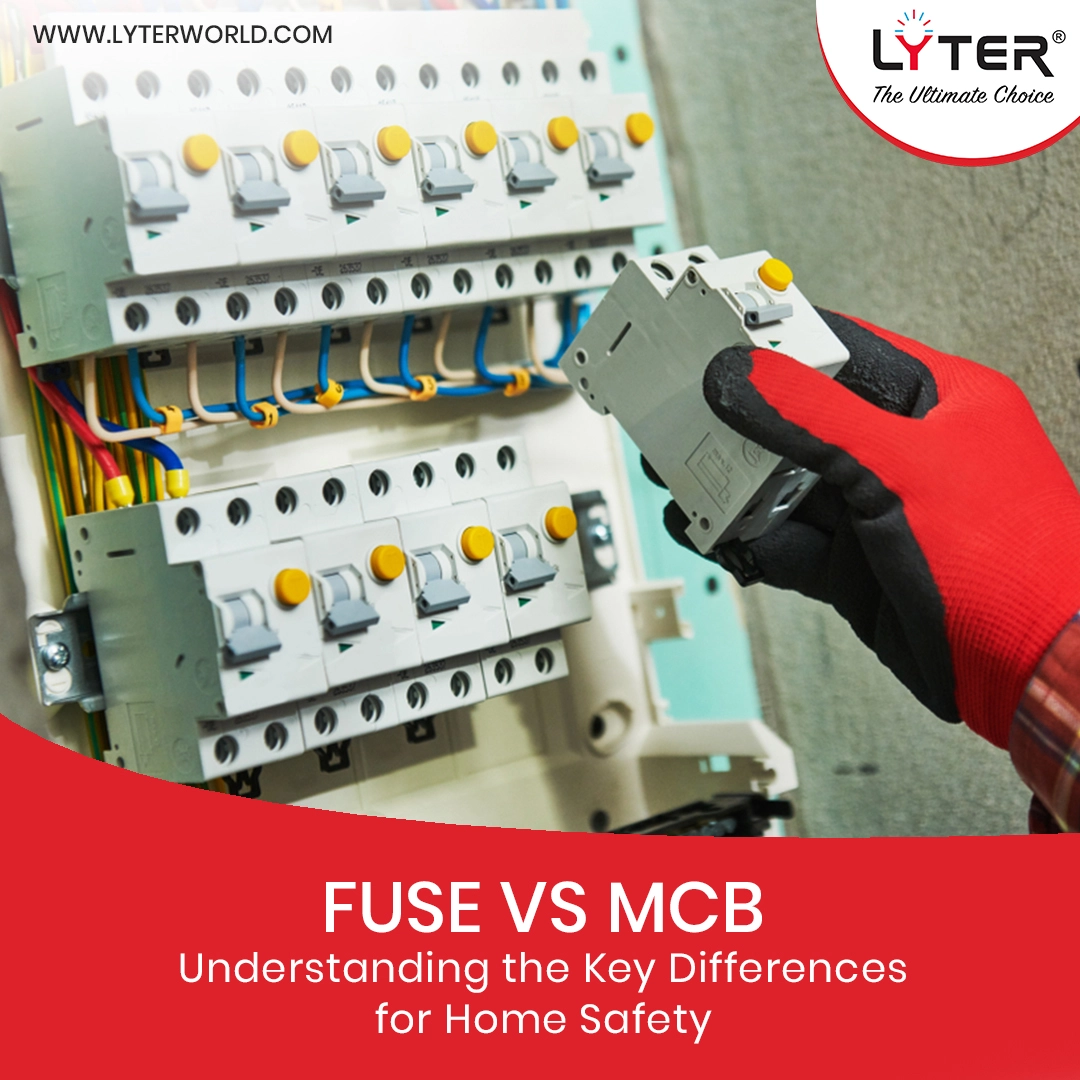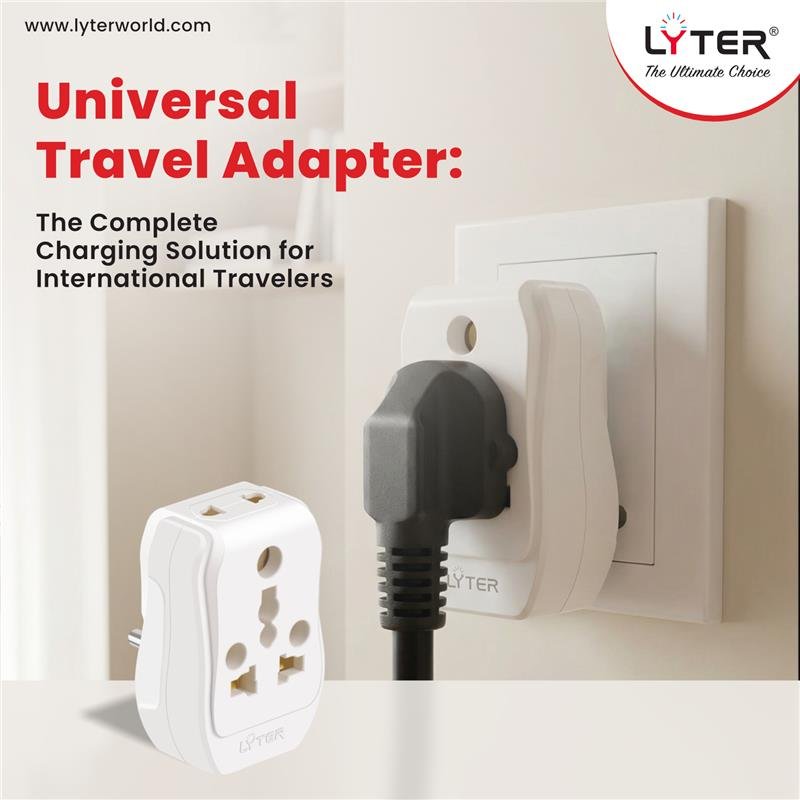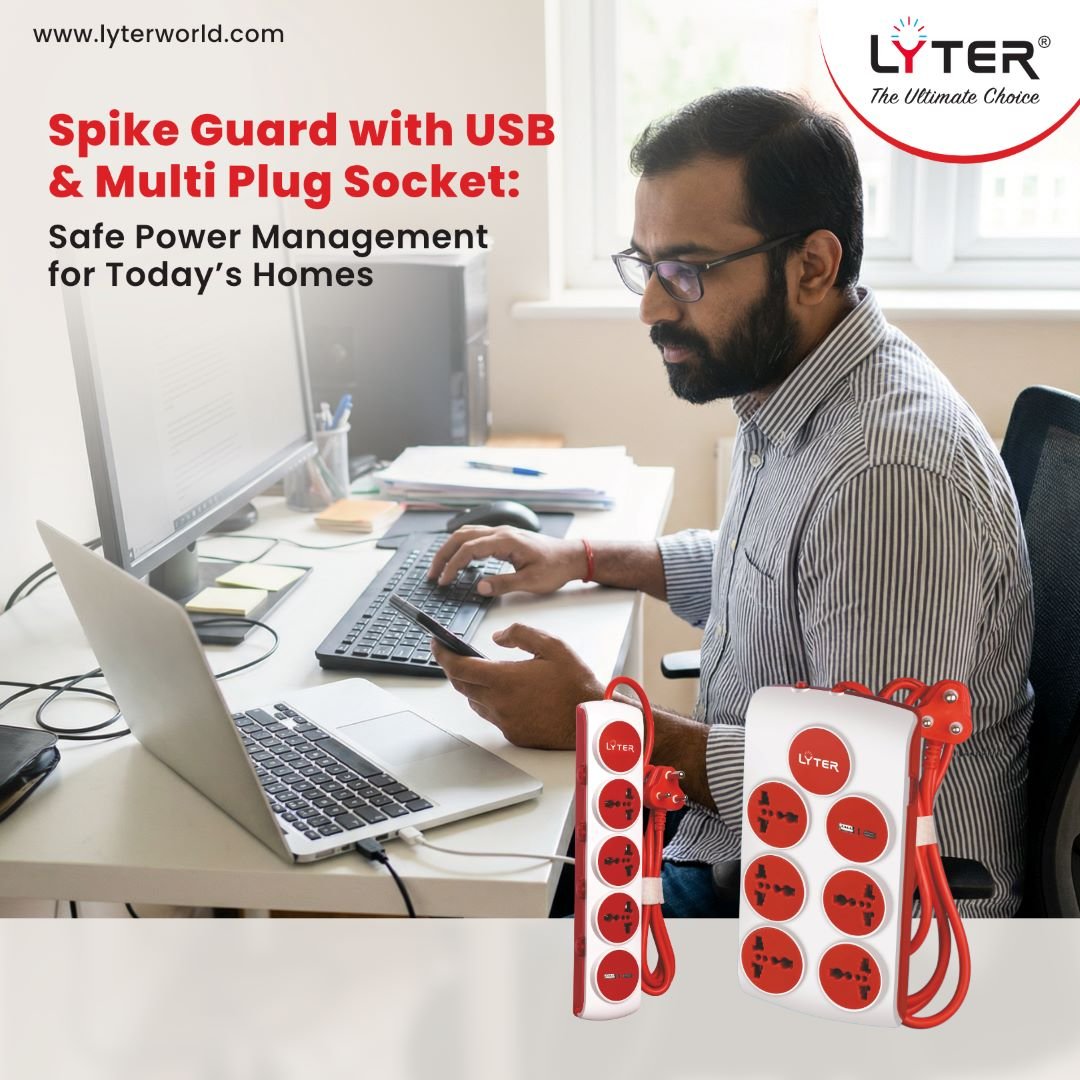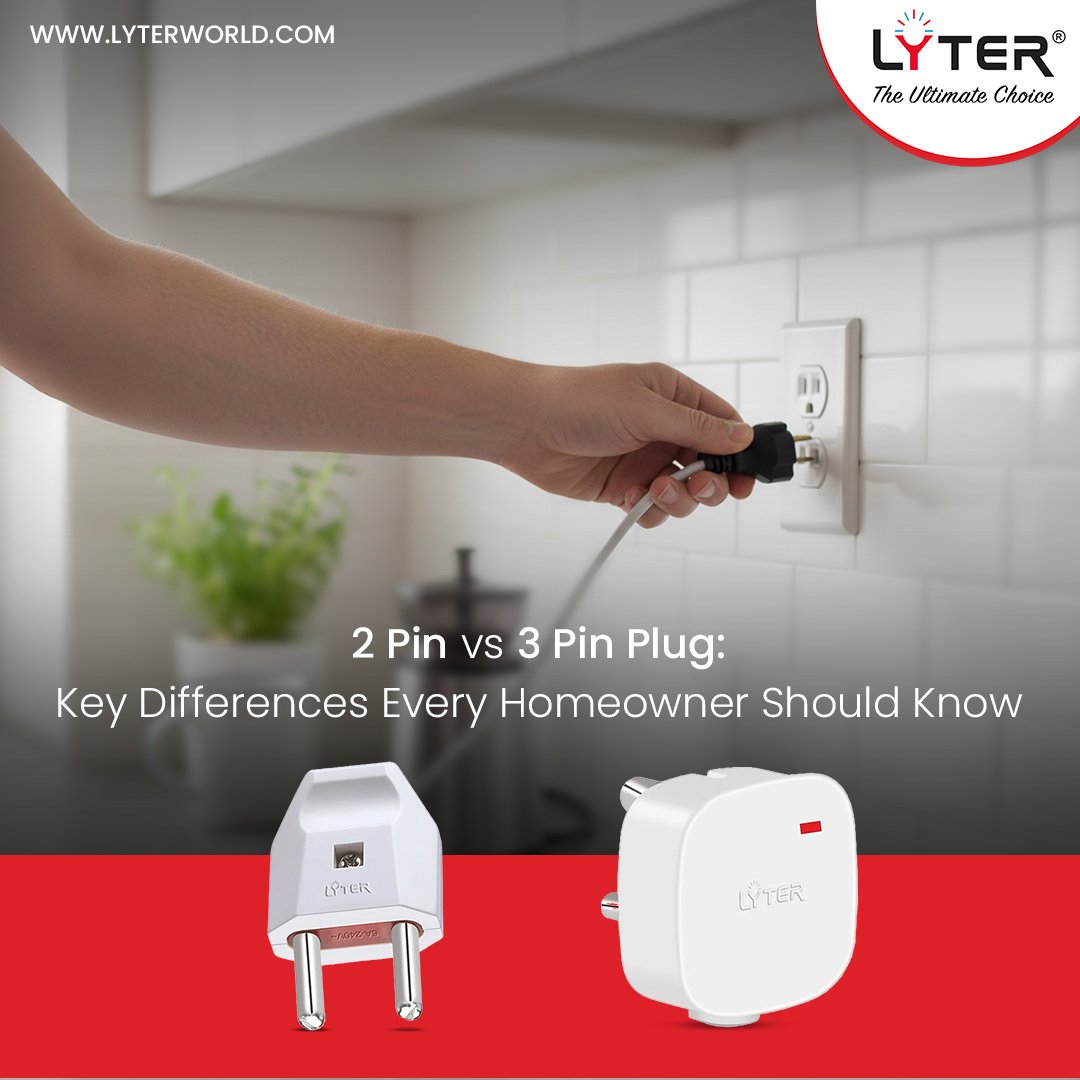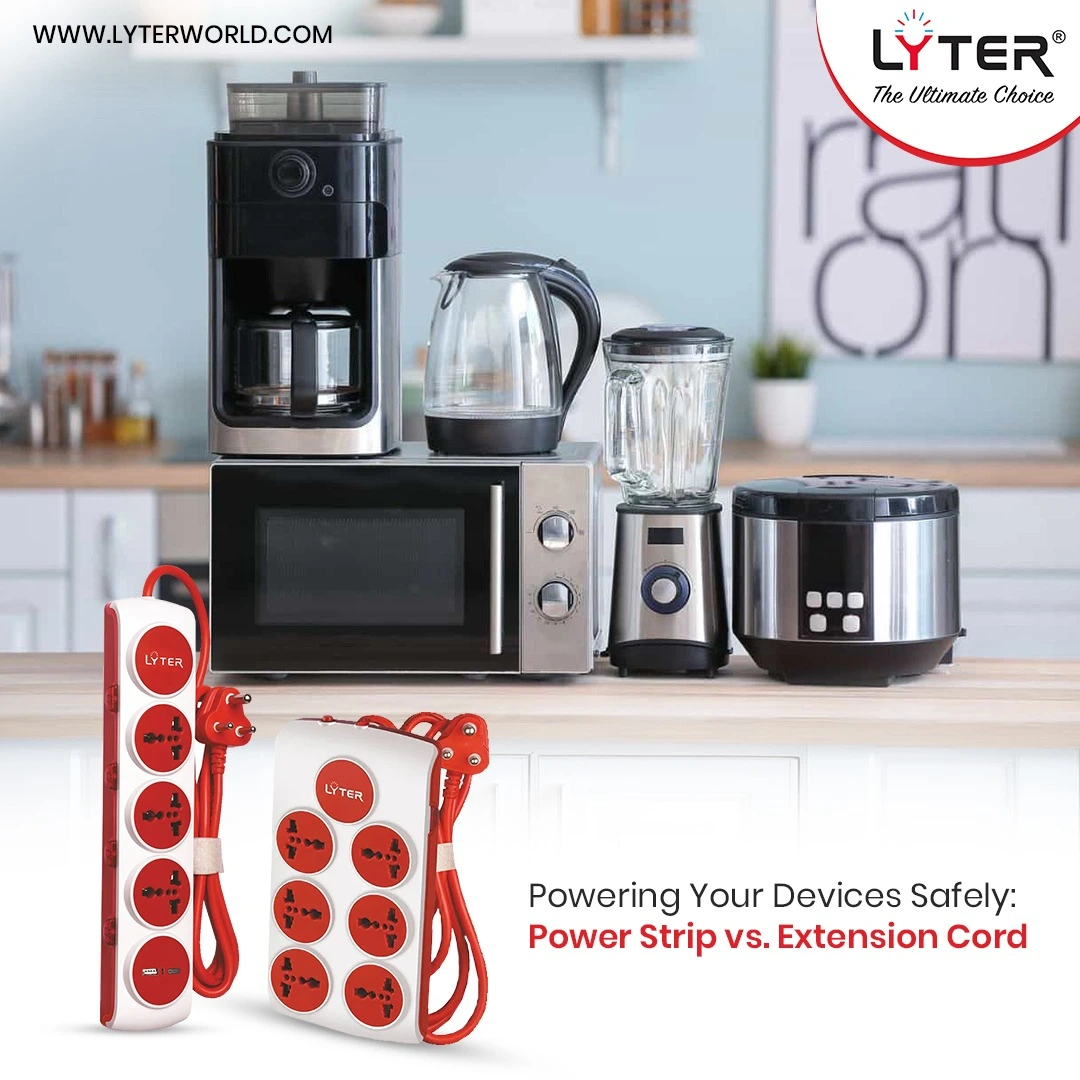When it comes to home electrical safety, most of us don’t think beyond switching off appliances after use. But the real shield against hazards lies hidden inside your electrical panel: circuit protection devices. Two of the most common are the fuse and the MCB. At first glance, they seem to do the same thing: protect against overloads and short circuits.
Yet, if you dig deeper, the fuse vs MCB debate becomes more important than most homeowners realize. Understanding their difference is not just a technical curiosity; it’s the difference between inconvenience and long-term safety.
Fuse vs MCB: The Basics
Electrical safety devices called fuses and miniature circuit breakers (MCBs) are made to stop harm from occurring when a circuit is overloaded with electricity.
- Fuse: An ancient device with a straightforward operation that cuts off power when current exceeds safe limits by melting a tiny wire.
- MCB: A contemporary, reusable switch that may be manually reset and trips automatically in the event of an overload or short circuit.
Therefore, even if they both safeguard houses’ circuits, their methods of operation and the level of safety they offer are very different.
Why the Distinction Matters in Home Safety
Imagine if your refrigerator, lights, and Wi-Fi all quit working all of a sudden when a fuse blows. You have to change the fuse, find the appropriate wire rating, and hope you did it correctly to restore electricity. You can’t always afford that downtime.
Alternatively, an MCB just trips. Your house is back on track once you approach and flick the switch back. Convenience is important, but so is dependability in dire circumstances. An MCB’s simplicity means fewer dangers and a quicker recovery for families, especially those with young children or elderly family members.
Fuse vs MCB: A Detailed Comparison
1. Mechanism of Action
- Fuse: Operates once. The melted wire needs replacement.
- MCB: Operates multiple times. Reset with a flick.
2. Speed and Accuracy
Fuses are quick, but they may also be too sensitive. On the other hand, an MCB is made to trip precisely, preventing needless blackouts while maintaining safety.
3. Cost Factor
Indeed, fuses are less expensive up front. However, frequent replacements pile up over time. Despite their initial minor cost, MCBs are more durable and pay for themselves over time.
4. Maintenance and Safety
If done incorrectly, changing a fuse can be dangerous and difficult. In contrast, MCBs make homes safer by minimizing the need for frequent physical handling.
Circuit Protection in Homes: Which Should You Choose?
When it comes to fuse vs MCB, modern households that run everything from ovens to laptops lean strongly towards MCBs. They offer not just better reliability but also simpler maintenance and long-term cost savings.
Fuses, on the other hand, still find a place in older constructions and rural setups, mainly because of their low upfront cost. But if you’re building anew or renovating for the future, the smarter, safer choice is clear: an MCB.
The Bigger Picture: Electrical Safety Devices Beyond Fuse vs MCB
Although there are just two choices left to consider in this conversation, home electrical safety is not over. Other security layers are added by other devices, such as surge protectors and RCCBs (Residual Current Circuit Breakers). When combined, they provide a robust defense against threats such as surges, voltage spikes, and fires. It is significantly more beneficial for every homeowner to consider home circuit protection holistically rather than concentrating on a single device.
Role of Electrical Accessories Manufacturers in India
Let’s face it: the device itself is not the only factor that affects how well your circuit protection works. Consumers now have access to internationally competitive, safe, and creative items at their doorstep thanks to the growth of electrical accessories manufacturers in India. These businesses make sure that contemporary Indian homes can fulfill international safety requirements without breaking the bank by producing fuses, MCBs, and sophisticated breakers.
Lyter: Where Everyday Living Meets Electrical Safety
When it comes to fuse vs MCB, the answer is straightforward: MCBs are the safer, smarter, and more sustainable choice for today’s households. But beyond the debate, what matters is cultivating awareness that electrical safety isn’t a luxury; it’s a necessity.
At Lyter World, we believe that small choices create lasting impact. By choosing high-quality switches, sockets, and circuit protection devices, you’re not just buying electrical accessories; you’re investing in peace of mind. After all, safety at home starts with the right foundation. And sometimes, that foundation is as small as the switch you flip or the breaker you reset.

